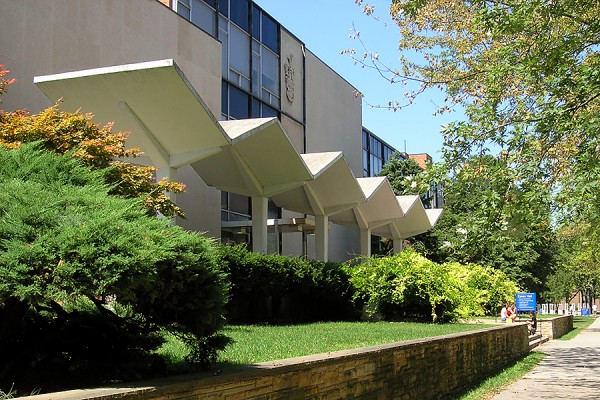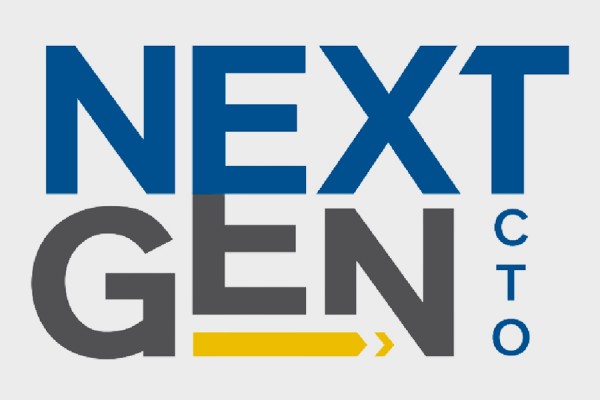 A roof replacement for Essex Hall is among the projects the University will undertake with funding from Ontario’s Facility Renewal Program.
A roof replacement for Essex Hall is among the projects the University will undertake with funding from Ontario’s Facility Renewal Program.
The University of Windsor will make $3.12 million in upgrades on campus, replacing roofs, improving accessibility, upgrading washrooms and classrooms, and repairing building facades as part of a provincial capital grant program.
Ross Romano, Ontario’s Minister of Training, Colleges and Universities, held an online news conference Wednesday to talk about the funding. UWindsor’s funding is part of $144 million in capital grants to colleges and universities announced in the 2020 provincial budget.
“The world-class education students receive at our post-secondary institutions is critical to the future of Ontario, our economy, and the prosperity of our people,” Romano said. “That is why our government is proud to commit increased annual funding to the University of Windsor to renew and modernize their facilities.”
The province will has set out a capital grant program that will see $466 million spent on buildings and infrastructure on university and college campuses over three years. This year’s funding of $144 million nearly doubles what post-secondary institutions received last year for critical maintenance, repairs, upgrades, and renewals.
The grant program earmarks another $144 million for next year and $178 million for 2022-2023.
UWindsor will spend its funding this year on roof replacements at Essex Hall and the Centre for English Language Development. It will make security and accessibility upgrades across campus, make upgrades to classrooms and gender-neutral washrooms, and renovate the facades of Chrysler Hall South and Chrysler Hall North.
“Providing a world-class education depends on both the best possible instruction and ensuring the physical environment for learning that encourages collaboration and innovation,” said UWindsor president Robert Gordon.
“All of these projects will have a significant impact on campus renewal at the University of Windsor, and will greatly benefit our students, staff, and faculty. As well, today's investment will provide an economic stimulus for our community as we leave 2020 behind us and get ready for the new year.”
Romano, an alumnus of UWindsor’s Faculty of Law (LLB 2004), said he looks forward to one day visiting the campus again to see the projects completed.
—Sarah Sacheli




